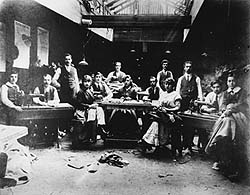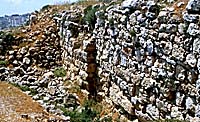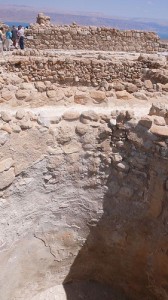One of the problems with the liberal Orthodox Jewish Zionism that we live by here on this blog is that it delays young people’s entry into adulthood and marriage. When I graduated from a public high school in the U.S. in the 1970s, the path before me was four years of college and the real world. My son graduated high school, then studied at a yeshiva for a year and a half, and is now performing military service in a unit that will require him to serve at least one year beyond the already long mandatory term of three years. Add the de rigueur year of travel after the army, and he won’t even begin college until he’s 25. If he goes for an advanced degree, he may not reach the real world until he’s well into his thirties.
It would be absurd to pretend that the expectation that our sons and daughters will pursue high-level religious and secular studies, as well as serve extended terms of military or national service, doesn’t clash with the family values we also espouse as religious Jews. Understandably, many young modern Orthodox men and women have chosen to delay marriage and spend extended periods as singles, a phenomenon almost unheard of previously in the religious community and now the subject of a popular new television series, Serugim.








